Businesses hoping to succeed in the digital sphere must make the most of their resources. The greatest internet marketing resources are examined in this article, which includes social networking networks, SEO tools, paid advertising channels, and more. Come along with us as we explore the digital frontier and learn the essential tactics and technologies that enable fruitful online marketing initiatives.
what is Online Marketing
Digital marketing, or online marketing, is the strategic application of different digital platforms and channels to advertise goods, services, or brands. It includes a broad range of online activities aimed at connecting and interacting with a specific audience. Search engine optimization (SEO), social networking, content production, email campaigns, paid advertising, analytics, and other tools are all used in online marketing to maximize visibility, increase traffic, and cultivate deep connections with users. In the dynamic and always-changing digital landscape, the aim is to establish a strong online presence, establish a connection with the target audience, and accomplish particular marketing goals.
Search Engine Optimization (SEO) Tools
Effective search engine optimization (SEO) is critical in the cutthroat world of online visibility. Numerous effective tools have surfaced to help navigate this terrain, providing tactics and insights to improve a website’s search engine ranking. This section examines important SEO tools and groups them according to their primary purposes:
- Research Tools for Keywords: Determine which keywords are most pertinent to your niche and target them.
Examples include Ahrefs, SEMrush, and Google Keyword Planner. - Tools for On-Page Optimization: Make sure the material on your website is search engine-optimized.
For instance, Yoast SEO, Moz, and SEOptimer - Tools for Backlink Analysis: Examine and track the amount and caliber of backlinks pointing to your website.
Majestic, Open Site Explorer, and Backlink Monitor are a few examples.
Social Media Marketing Platforms
Social media has become an increasingly powerful tool for audience engagement and brand recognition in the ever-changing world of internet marketing. Numerous well-known platforms present distinctive chances for companies to engage with their target market.
- Facebook: With billions of users, Facebook offers businesses a flexible platform to establish their brand, run targeted advertisements, and interact with their audience through live video, posts, and comments.
- Twitter: Well-known for its instantaneous communication, Twitter is perfect for companies looking to share news, join popular discussions, and develop a dynamic corporate identity while staying under strict character restrictions.
- Instagram: With its emphasis on visual material, Instagram is a great tool for companies that have a distinctive brand image. It works especially well for firms in the food, fashion, and lifestyle industries because it’s perfect for distributing brief movies and photographs.
- LinkedIn: This professional networking site is essential for business-to-business (B2B) marketing. Businesses can use it to present their goods and services, network with people in the field, and build thought leadership.
- YouTube: With its focus on videos, YouTube is a content-rich platform that allows companies to publish product demos, lessons, and captivating visual content to a large worldwide audience.
- Pinterest: This site is especially useful for companies in the DIY, fashion, or lifestyle industries since it lets users find and save ideas. Content that is visually appealing and relevant to users’ interests can be produced by brands.
We’ll look at these platforms’ capabilities and resources in the next sections, along with tips for efficient social media scheduling and analytics. Social media platforms facilitate meaningful interactions with a wide audience in addition to acting as conduits for brand promotion.
Content Marketing Resources
Because content is king in the digital world, content marketing is essential for increasing brand awareness and audience engagement. Businesses rely on a range of services designed for content development, delivery, and optimization to successfully navigate this space.
- Blogging Websites: Popular blog hosting and management platforms include WordPress, Medium, and Blogger. Businesses may easily produce and publish content because of their user-friendly interfaces and customizable features.
- Tools for Graphic Design: Marketers may create aesthetically appealing visuals for blog posts, social media postings, and other online content with the help of platforms like Canva, Adobe Spark, and PicMonkey. These resources are essential for preserving a recognizable and appealing brand aesthetic.
- Platforms for Email Marketing: Email is still a very effective way to distribute content. Email marketing platforms such as Mailchimp, Constant Contact, and SendinBlue allow businesses to segment their target, design visually appealing email campaigns, and monitor the effectiveness of these campaigns.
- Networks for Content Syndication: Platforms for content syndication like Outbrain, Taboola, and Zemanta assist companies in promoting their content by putting it on popular websites. By doing this, content can reach a larger audience.
- Tools for Creating SEO-Friendly Content: Content that is optimized for search engines can be produced with the use of programs like Frase, Clearscope, and Surfer SEO. They improve overall SEO performance, preserve text readability, and offer insights on pertinent keywords.
- Tools for Scheduling Content on Social Media: Tools like Later, Hootsuite, and Buffer are useful for pre-scheduling and organizing social media content. This guarantees the delivery of content across several channels in a consistent and purposeful manner.
A thoughtful combination of development, distribution, and optimization is required for effective content marketing, and these tools enable companies to create engaging content and effectively expand their audience. In the upcoming parts, we will go into the world of paid advertising platforms and examine shareable content creation tactics.
Paid Advertising Platforms
Paid advertising is a potent stimulant for companies trying to expand their reach and improve visibility in the cutthroat digital market. Sophisticated advertising solutions are available on a number of platforms, each with special targeting choices and strengths.
- Ads on Google: The largest online advertising platform is Google Ads, which enables companies to run advertisements on a wide network of partner websites in addition to Google’s search results. Advertisers only have to pay for real clicks on their advertising according to its pay-per-click business model.
- Ads on Facebook: Facebook Ads give businesses the ability to generate highly targeted ads based on behavior, interests, and demographics, thanks to its enormous user base. The platform provides a variety of ad forms, such as carousels, pictures, and videos.
- Ads on LinkedIn: LinkedIn ads are great for B2B marketing because they let companies target professionals according to their job title, industry, and size of firm. It’s a useful tool for increasing brand recognition and lead generation in the business community.
- Ads on Twitter: Twitter ads are intended to be engaged with in real-time. To engage in ongoing discussions and attract a larger audience, businesses can promote accounts, trends, or tweets. The targeting options available on the site include keywords, interests, and demographics.
- Ads on Instagram: Instagram ads take advantage of the platform’s visual elements and are integrated with Facebook’s advertising network. Companies can produce eye-catching advertisements to highlight goods or services for Instagram’s active user community.
- Ads on YouTube: YouTube, the second-biggest search engine in the world, provides a variety of ad types, such as video advertising, that can be skipped or not. Users can be targeted by businesses according to their viewing habits, interests, and demographics.
Precise targeting, intelligent planning, and eye-catching ad creatives are all necessary for successful paid advertising. These platforms give companies the resources they need to accomplish their marketing goals, attract customers, and connect with target audiences. We’ll look at email marketing tools and analytics platforms in the section that follows, which are crucial for determining how effective these advertising campaigns are.
Email Marketing Tools
Email marketing is still essential for establishing and maintaining client relationships in the digital age. When done well, email marketing may increase brand loyalty, engagement, and conversions. Businesses use a range of tools designed to create, automate, and analyze their email campaigns in order to optimize their impact.
- First, Mailchimp: A user-friendly platform, Mailchimp provides capabilities including automation, list management, and email design. It offers analytics to monitor campaign performance and is appropriate for companies of all sizes.
- Ongoing Communication: With features like customizable themes, contact management, and social media integration, Constant Contact is renowned for its user-friendliness. It’s especially appropriate for nonprofit organizations and small enterprises.
- BlueSendin: Email design, automation, and transactional emails are just a few of the many email marketing solutions offered by SendinBlue. Its addition of SMS marketing makes it a flexible option for companies looking for multichannel interaction.
- Hubpages: HubSpot’s all-in-one marketing platform includes email marketing solutions. For a comprehensive marketing strategy, it offers sophisticated capabilities, including CRM connection, customized content production, and in-depth analytics.
- Fifth, ConvertKit: With features like segmentation, automation sequences, and configurable opt-in forms, ConvertKit is geared toward artists and bloggers. It makes cultivating leads and increasing subscriber engagement easier.
- In Motion Campaign: Email marketing is combined with automation and CRM features by ActiveCampaign. It is appropriate for companies that want to evaluate client interactions, automate operations, and design customized customer journeys.
Delivering pertinent information, segmenting contacts, and knowing your target are all necessary for effective email marketing. With the help of these tools, companies can design aesthetically pleasing emails, automate campaigns for increased productivity, and monitor performance indicators to continuously improve their email marketing approach. We’ll examine analytics tools that shed light on the effectiveness of different marketing channels in the sections that follow.
Analytics and Data Tracking
Analytics solutions are essential in the data-driven world of digital marketing since they help with analyzing user behavior, campaign effectiveness measurement, and strategic decision-making. The following are essential elements of data tracking and analytics in the field of online marketing:
- Google Analytics: A powerful web analytics tool, Google Analytics offers detailed information on user behavior, website traffic, and conversion rates. In addition to helping with website performance optimization, it also helps firms determine which marketing channels bring in the most valuable visitors.
- Hotjar: To see how people use a website, Hotjar provides surveys, heatmaps, and session records. For the purpose of figuring out usability problems, determining user intent, and improving the user experience, this qualitative data is priceless.
- Mixpanel: With its emphasis on event-based analytics, Mixpanel enables companies to monitor certain user interactions on their online assets. Businesses that focus on their products and want to optimize customer journeys may find this granular data useful.
- SEMrush: SEMrush is well-known for its SEO tools, but it also offers analytics tools for monitoring competitor analysis, keyword ranks, and website performance. It helps companies improve their digital strategy by providing competitive insights.
- Google Tag Manager: The process of adding and upgrading tracking codes to a website is made easier by Google Tag Manager. It simplifies the installation of different tracking pixels and scripts by giving marketers the ability to handle tags without depending on IT help.
- Crazy Egg: Crazy Egg provides tools for visualizing user behavior on websites, such as confetti maps, scrollmaps, and user recordings. This aids companies in identifying high-engagement regions and potential improvement areas.
A thorough understanding of user interactions, website performance, and the results of marketing campaigns is possible with the help of these analytics and data-tracking tools. Businesses can improve their internet presence, manage money wisely, and hone their strategy by utilizing these insights. We’ll talk about online training courses in the next sections, as well as the value of forums and communities in the always-changing world of digital marketing.
Online Courses and Training Programs
Success in the ever-changing field of digital marketing depends on keeping up with the newest techniques, tools, and trends. Professionals can expand their knowledge and learn new skills in an organized and adaptable manner by enrolling in online courses and training programs. The following are these instructional resources’ salient features:
- Academy of HubSpot: A wide variety of certifications and free courses on inbound marketing, content strategy, social media, and other topics are available from HubSpot. Their certifications offer concrete evidence of their expertise and are accepted in the field.
- Digital Garage by Google: Google’s Digital Garage offers complimentary classes in search engine optimization, online advertising, and the principles of digital marketing. For newcomers, it’s an excellent place to start, and following completion, a certification is provided.
- Coursera: Coursera offers a variety of digital marketing courses by partnering with institutions and corporations. The topics covered in the courses, which span from basic to advanced, include data analytics, social media marketing, and strategic marketing.
- Education on LinkedIn: Professionals can learn at their own pace with video courses offered by LinkedIn Learning on a variety of digital marketing subjects. Experts in the field provide courses that address real-world applications of practical skills.
- The Institute of Digital Marketing (DMI): DMI provides internationally recognized digital marketing certification courses. A wide range of subjects are covered in these courses, such as social media strategy, content marketing, and search engine optimization.
- Udemy: Many courses on digital marketing developed by specialists in the field are available on Udemy. In order to support learning, these courses frequently offer case studies, practical insights, and practical exercises.
Professionals can acquire the information and abilities necessary to successfully traverse the changing digital landscape by devoting time to online courses and training programs. In the coming sections of this post, we’ll discuss the value of professional forums and community involvement, where experts may exchange experiences, give and receive advice, and remain up-to-date on industry advancements.
Community and Forums
Professional development in the dynamic field of digital marketing requires active participation in forums and community engagement. These platforms provide a forum for knowledge exchange, networking, and staying current with market developments. When investigating community engagement, keep the following points in mind:
- Reddit: Professionals can find lively groups where they can exchange ideas, ask for help, and discuss methods on subreddits like r/DigitalMarketing and r/SEO. The layout of Reddit facilitates a wide variety of viewpoints and experiences.
- Quora: Quora is an online forum where professionals can ask questions and share their knowledge of digital marketing. It’s a great resource for learning about new trends and industry concerns.
- Warrior Forum: Digital marketers have long used the Warrior Forum as a forum to exchange tactics, resources, and firsthand knowledge. Because it provides a blend of professional guidance and peer-to-peer ideas, marketers of all experience levels may benefit from it.
- Moz Community: Prominent SEO platform Moz features a dedicated forum where experts can talk about industry best practices, algorithm updates, and SEO methods. It’s very helpful for people who want to increase their presence on search engines.
- Digital Point: Digital Point is a forum that covers a wide range of topics related to digital marketing, such as paid advertising, social media, and SEO. It’s a varied community where marketers may ask for advice and exchange experiences.
- LinkedIn Groups: There are several LinkedIn groups devoted to digital marketing where professionals may participate in debates, exchange articles, and connect with others in the field. Being a part of these associations offers a more formal, business-oriented setting.
Participating in online communities and discussion boards for digital marketing helps professionals learn from the experiences of others, build their network, and feel more a part of the field. As we come to the end of our investigation into online marketing materials, it is evident that success in the ever-changing digital arena requires a comprehensive strategy that incorporates education, tools, and community involvement.
Sources for online marketing success advice
Strategic Integration: Create a strategy that is coherent and productive by seamlessly integrating different online marketing resources. Coordinate SEO with content production, fine-tune campaigns using analytics, and increase interaction on social media.
Continuous Learning: Participate in online forums, seminars, and courses to stay current on the newest developments in the industry and digital marketing technologies. Since the digital world is changing quickly, staying up-to-date is ensured by ongoing learning.
Data-Driven Decision-Making: To obtain insights that can be put to use, employ analytics tools. Make data-driven marketing decisions instead of assuming anything to create audience-resonant, focused campaigns.
Audience-Centric Content: Create material with your target audience in mind. To design content that attracts, engages, and converts users, it is important to understand their requirements, preferences, and behaviors.
Diversify Paid Advertising; To expand your audience, investigate other paid advertising networks. Recognize the advantages of each platform and modify your advertisements accordingly to make a more significant and lasting impression.
Optimized Email Campaigns: Create programs that are visually appealing, relevant, and tailored to fully utilize the potential of email marketing. Deliver customized communications to your audience by using email marketing solutions to segment them.
Community Engagement: Engage in active participation in industry communities and forums. Keeping up with industry best practices and fostering professional progress are achieved through networking with peers, exchanging views, and seeking guidance.
Adaptability and Flexibility: Be flexible in response to shifting consumer preferences, market trends, and algorithmic adjustments. Being flexible enables you to quickly modify your tactics, guaranteeing their continued applicability and potency.
Test and iterate: Use A/B testing for all marketing components, such as email subject lines and ad creatives. Utilize the outcomes to improve and rework your strategy in light of the immediate feedback.
Balanced Resource Allocation: judiciously distribute resources among several marketing platforms. Evaluate each resource’s performance and modify your investment according to what works best for your particular business objectives.
By integrating these pointers and making use of the wide range of online marketing tools at their disposal, companies can create a strong and flexible digital marketing plan that connects with customers and promotes long-term success.
Conclusion
Success in the quickly changing field of Internet marketing depends on a collaborative strategy. Businesses can succeed through the smart application of SEO technologies, social media interaction, innovative content marketing, targeted paid advertising, and data-driven analytics. Online classes and email marketing tools help to further hone tactics, and community involvement guarantees that one is aware of current business trends. Through the adoption of this comprehensive toolset, organizations may successfully traverse the ever-changing and fiercely competitive digital landscape.
[FAQ]
Which tools are essential for online marketing success?
Essential tools include Google Analytics for tracking website performance, SEMrush for competitive analysis, and Hootsuite for social media management.
Are there any free online marketing courses available?
Yes, platforms like Coursera, HubSpot Academy, and Google Digital Garage offer free courses on various online marketing topics.
Which online communities are great for networking with fellow marketers?
Join communities like Reddit’s r/marketing, LinkedIn groups such as “Digital Marketing Professionals,” and marketing forums like Warrior Forum for networking opportunities and knowledge sharing.
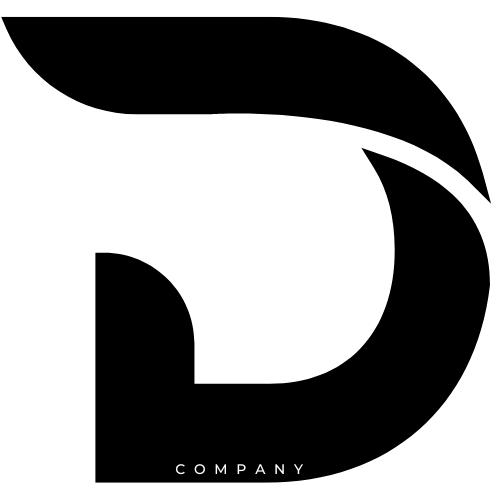

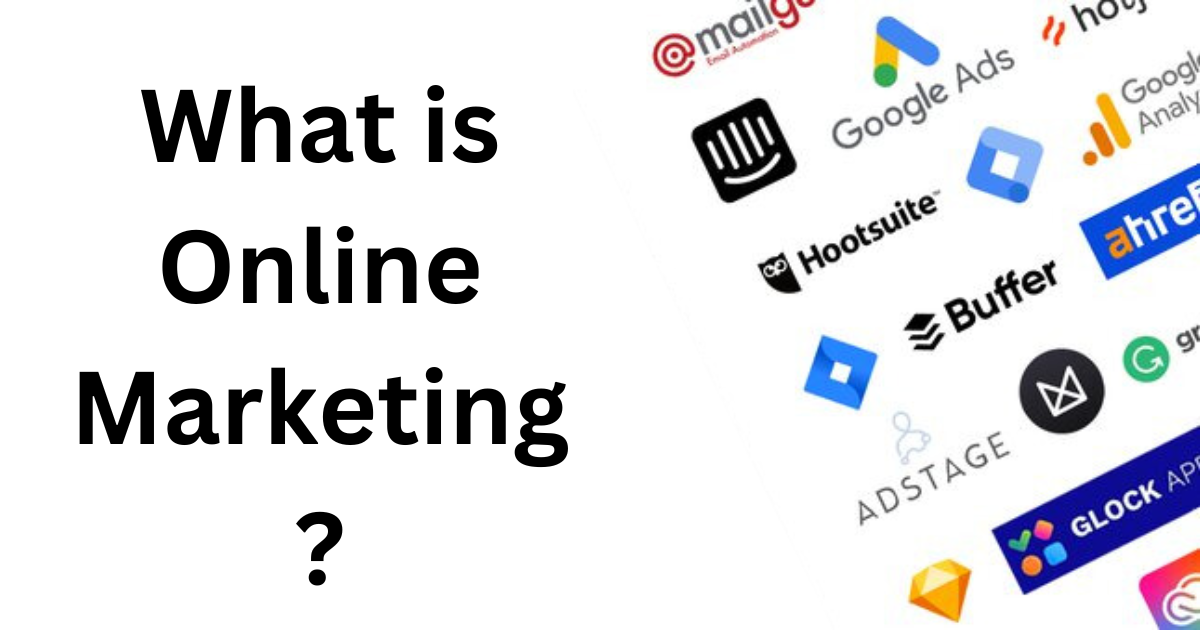



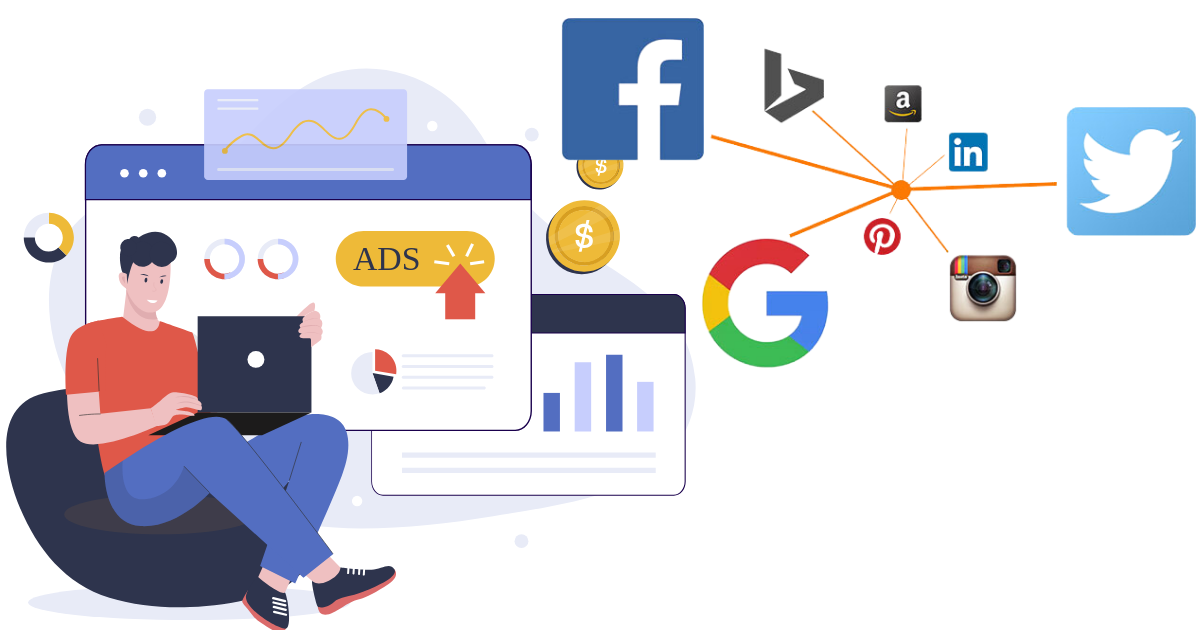




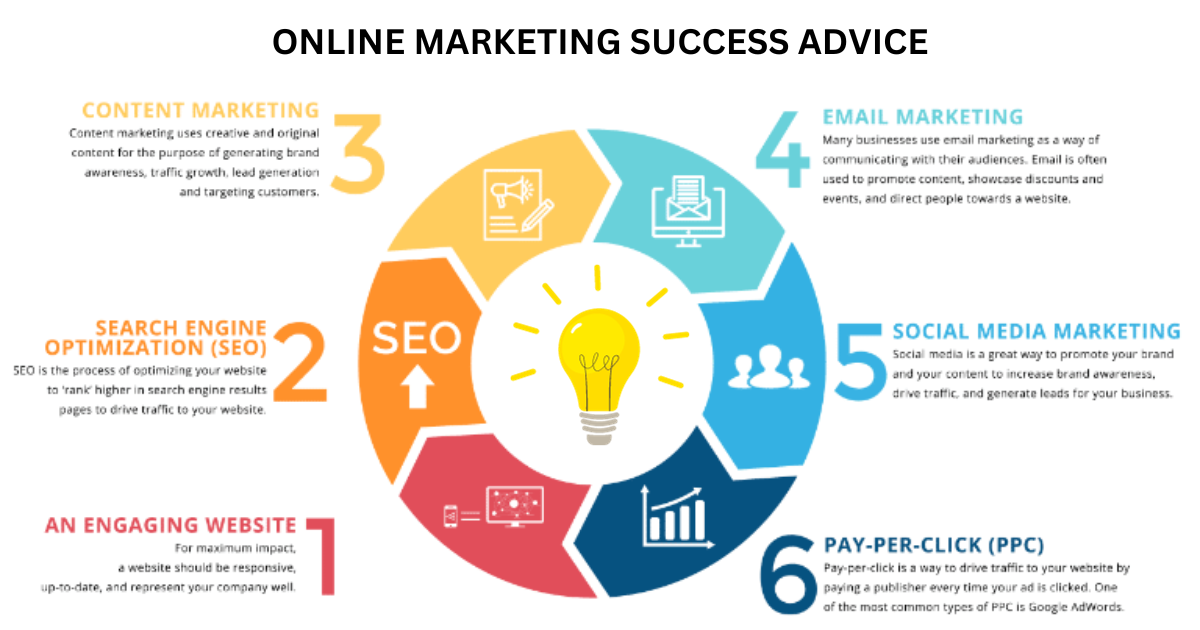


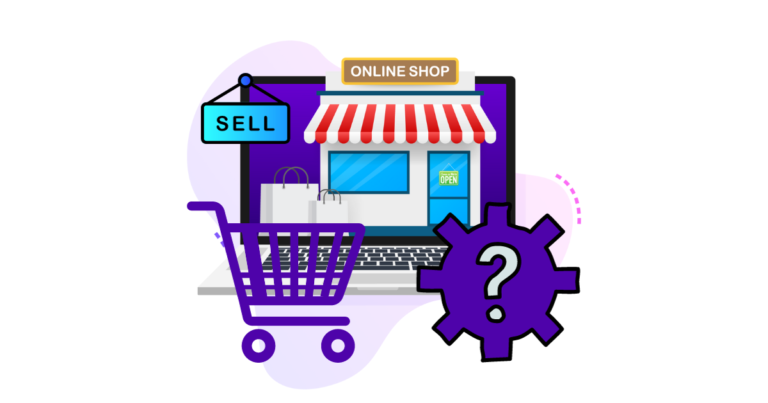
Howdy! I’m at work browsing your blog from my new iphone 3gs!
Just wanted to say I love reading your blog and look
forward to all your posts! Carry on the superb work!
Wonderful beat I wish to apprentice while you amend your web site how could i subscribe for a blog web site The account aided me a acceptable deal I had been a little bit acquainted of this your broadcast provided bright clear idea
Thank you so much